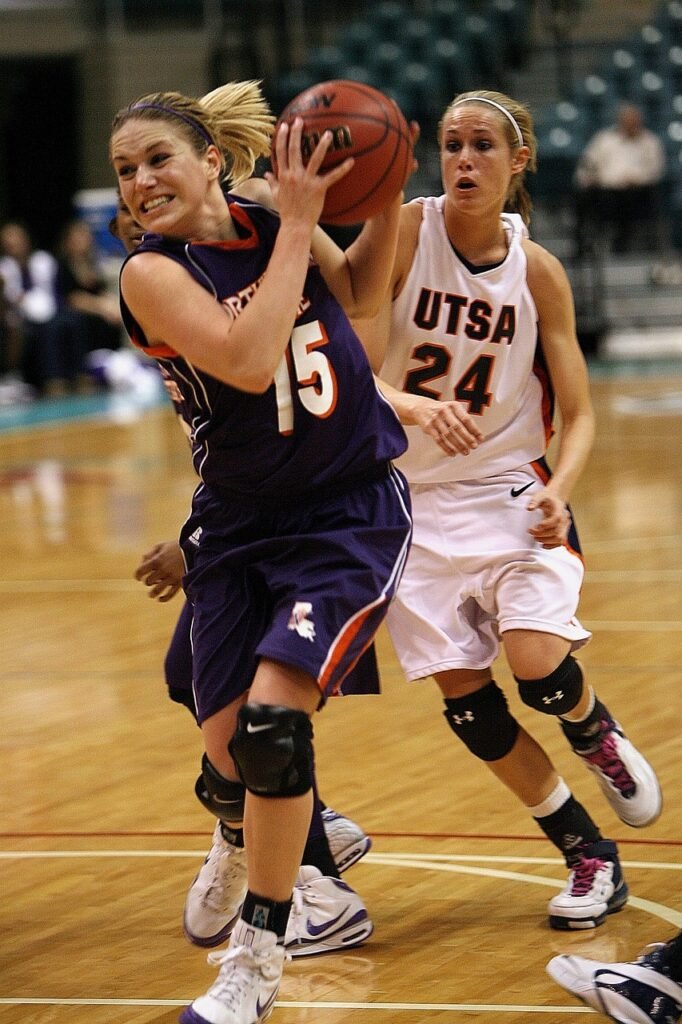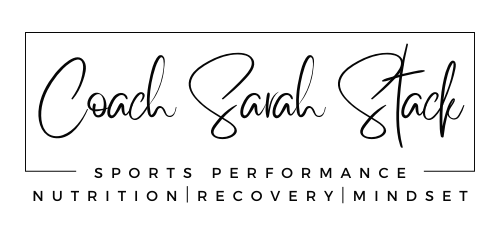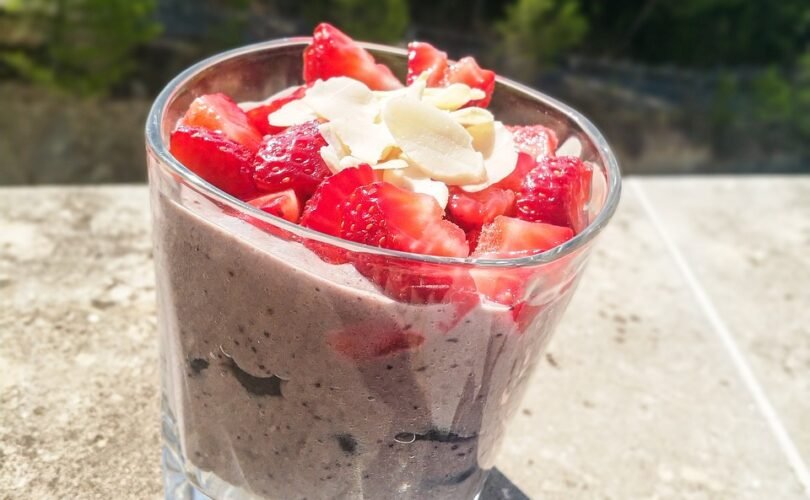(Trigger warning: This post discusses body image.)
Does the idea of talking to your teen or tween about what they’re eating make you feel nervous or uncomfortable? Are you worried that this conversation will spark body image issues? Rest assured that you are not alone, and that these concerns are common. Here’s the thing though, we MUST find a way for our teens and tweens to learn how to properly fuel their bodies. Many of us who are parents today grew up in a world of calorie counting, limiting fat, and believing that thinner is better. As we grew up and became adults we were bombarded with the promotion low carb, intermittent fasting, and various other fad diets, only to discover further into adulthood that we are still as confused as ever by the nutrition giant because we were never exposed to a basic education about how our bodies actually use the food we eat. I doubt I’m alone in wanting better for this next generation. I’m here to make the case for talking about nutrition with teenagers. If you, as the parent, aren’t the best person to talk to your kids about nutrition: maybe they’ll listen better from someone else, maybe you don’t know enough about the topic to teach them, I encourage you to find someone who can gracefully handle this important topic.
Approach it from a performance standpoint
You do not have to be a competitive athlete to approach nutrition from a performance standpoint. Think about the many ways in which teens and tweens are required to “perform” on a daily basis: in school, at a job, in personal relationships, and yes for many (especially those most likely to be reading this post) in sports! You are what you eat isn’t simply a cliche, it’s the honest truth. Calories in – calories out is an outdated approach, as not all calories are created equally.

100 calories of a highly processed, package of snack cookies do not have the same impact as 100 calories of fresh fruit has on our bodies. The food you eat is what fuels how your body functions. Consider how you feel after drinking a highly caffeinated beverage, or a super sugary snack. Plain and simple, if you eat certain foods, you feel a certain way. Learning what foods help you to feel good and to have lasting energy is important for daily life, and critical for athletes. Approaching conversations about nutrition should center on what good foods can do for you, rather than keeping track of calories.
It’s a disservice not to educate tween and teens about nutrition

In this day and age, kids have access to enormous amounts of information at their fingertips, but not all of that information is factual or appropriate. This is especially true for nutrition. Type “nutrition” into the search bar of any social media platform and you’ll find copious testimonials, photos, and videos by influencers who promise that they have THE answer to all of your (and your teenager’s) nutrition concerns.
There are no necessary qualifications or credentials that the creators of this content must possess, but there it all is, right there for everyone to see. By giving our kids a solid nutritional foundation they will be better equipped to discern what information is credible and what’s not. They’ll be able to know what to look for while sifting through nutritional advice. Finding a trusted and reliable source of nutritional guidance is a worthy investment to make in your teen’s future.
They’re already familiar with the basic concepts from Biology class
Have you looked at what high schoolers are learning in Biology? Chances are that your teen has already been introduced to some of the more complex concepts involved in how our bodies use the food we eat as fuel, whether they realize it or not. Teaching them about nutrition provides them with a real-life example of these concepts, and an opportunity for them to apply what they learn in school to their own life. Additionally, connecting the dots between something they learned in school and something that they do in real life makes for some real light bulb moments for them, which leave more of an impact.
They want this information
Teenagers want to know how to eat well. They want to know how to feel their best, and perform their best on and off the field. I can attest to this as a trainer and coach who primarily works with youth athletes. Yes, they want to eat junk food that tastes good, but they also want to know what they can do to maximize their performance. I’ve spent considerable time over the years talking with tweens and teens about what foods they like to eat, what foods help them, and some alternatives to their favorite foods that aren’t doing anything to help them achieve their goals.

This is an opportunity to shape the future generation
As previously stated, many of us who are now parents of tweens and teens grew up with a distorted view of what food does FOR us, but when we know better we do better. We don’t want to pass those messages on to our kids. We want them to feel comfortable in their own skin, to love their bodies, to nourish their bodies, and to build HEALTHY bodies. Avoiding conversations about what tweens and teens are eating out of fear of triggering body image issues is not helping them. They want to know. Biting the bullet and talking about how to eat to serve their bodies is necessary for teens and tweens. Let’s teach them to eat to fuel, and encourage them to build strong and resilient bodies rather than to avoid certain foods in an effort to be skinny. Give them enough credit to take this information and to use it. It might not happen immediately, and they might still eat junk food. That’s OK. This is a long game of life and they’re picking up information along the way. Let’s make sure they’re picking up the right information!
**Author’s Note: The purpose of this blog post is not to make light of body image issues. Disordered body image and eating disorders are LEGITIMATE issues. If you are concerned that your teen or tween is suffering with either of these, please contact a licensed professional to help them. Their school counselor is a great place to start looking for a referral.







